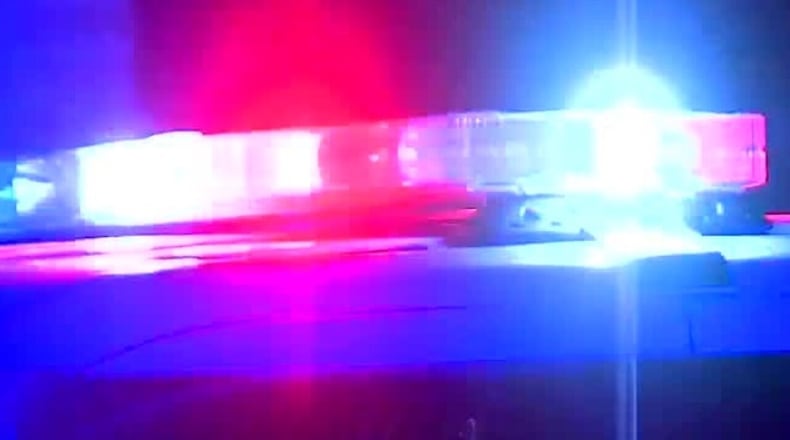The collaborative initiative will provide two licensed mental health clinicians, employed by South Community Behavioral Health Services, who will be shared among the participating communities.
Those clinicians will accompany police officers to respond directly to individuals in crisis, provide follow-up care and referrals and help bridge the gap between law enforcement and behavioral health services.
“This initiative reflects the power of regional collaboration and a shared commitment to doing what is best for our residents and first responders,” Centerville City Manager Wayne Davis told the Dayton Daily News on Tuesday. “By integrating mental health professionals into our public safety response, we are not only addressing the immediate crisis but also creating a pathway to long-term support and stability.”
The program is scheduled to launch June 1 and run through December 2028, with ongoing evaluations to assess its impact and effectiveness.
West Carrollton Interim Police Chief David Wessling said that like many communities across the nation, West Carrollton is seeing an increased need for compassionate, professional responses to calls involving mental health or addiction.
“This partnership allows us to provide better care for our residents while supporting our first responders with the tools and expertise they need in the field,” Wessling said in a statement.
Each participating city will fund the program using its National Opioid Settlement revenue, a dedicated funding source designed to address the needs of individuals involved in the criminal justice system.
The MVCC will oversee the program’s administration, coordinating with South Community and managing reimbursements from each city based on a population-based cost-sharing model.
The Co-Responder Program is part of a broader initiative led by the Tactical Crime Suppression Unit (TCSU), which brings together officers from multiple Miami Valley cities to collaborate on regional public safety efforts.
By incorporating licensed clinicians into the team, the program aims to reduce unnecessary hospitalizations, limit criminal justice involvement for individuals in crisis, and promote more effective outcomes for those struggling with opioid use, substance use and mental health disorders.
Moraine Police Chief Craig Richardson, in a memorandum to MVCC Executive Director Jay Weiskircher, said that over the last several years, the Miami Valley has seen the arrival of mental health and drug addiction co-responders working in partnership with law enforcement.
Richardson said those co-responders are trained professional clinicians that are embedded with local jurisdictions long term.
“These programs merge the professional expertise of the police and behavioral health fields to improve the experiences and outcomes of people in crisis,” Richardson said. “They are also able to connect individuals to appropriate health services in place of formal criminal justice intervention or unnecessary hospitalization.”
Embedding clinicians with local agencies long term has had many positive results and has proven to be successful, he said.
“The co-responder programs reduce strain on local police and EMS agencies as well as the criminal justice and health care systems in general,” Richardson said. “These co-responders are able to improve access to care, reduce fear during a crisis and lead to better and healthier outcomes.”
About the Author

